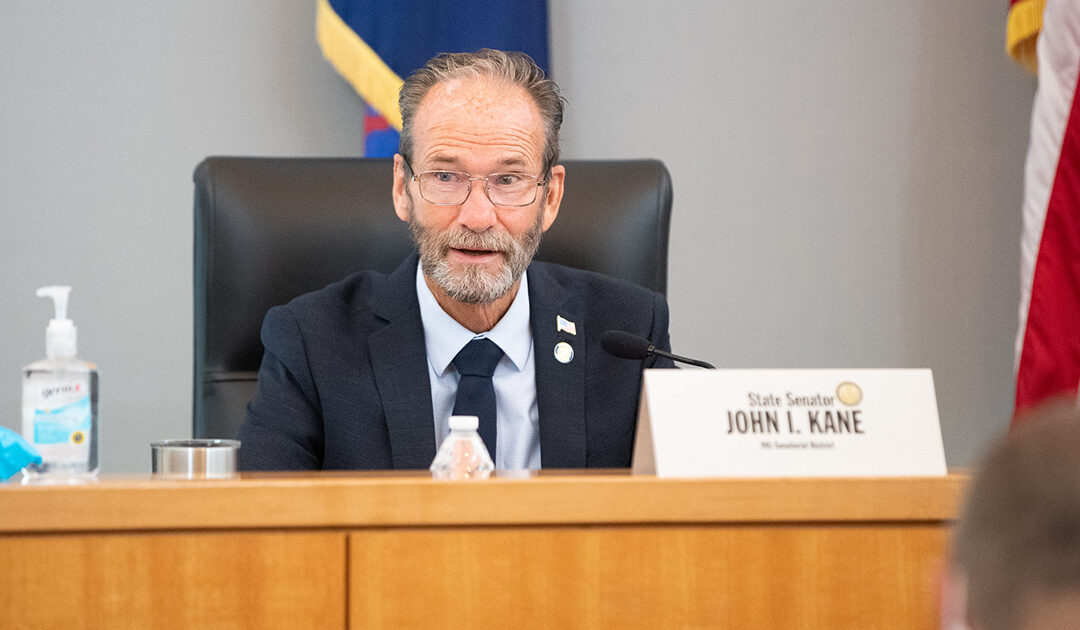OpEd by Senator John Kane
“I can emphatically say I have more trauma from six months in solitary than four combat tours in the Marines.”
This is what we heard from a solitary confinement survivor, Reverend Dr. Chris Kimmenez, at our policy hearing this past Tuesday in the city of Chester. Over the past year, each of us has experienced the effects of isolation, separated from friends, family, and loved ones by the pandemic.
Now imagine that isolation lasting for weeks, months, or even years, without the ability to hop on a Zoom call with your loved ones. Imagine being in a room, the size of an elevator, alone, with no contact to the outside world. Imagine not knowing when you might be able to get out. This is what incarcerated individuals in solitary confinement experience.
Currently, nearly 1,000 Pennsylvanians are being held in solitary confinement. Over 75% have been in solitary for longer than 30 days; half have been in solitary for more than three months.
Solitary confinement began in Pennsylvania’s Eastern State Penitentiary, in the 1800s. By the early 20thcentury, however, Eastern State discontinued the practice, concerned about both the cost and the inefficacy. And as more research has been done, it has become clear that solitary confinement is not only costly and ineffective: it’s just plain wrong.
Prolonged isolation, isolation lasting more than 15 days, has been defined by the United Nations as a form of torture. More than half of the incarcerated individuals he studied reported an inability to tolerate ordinary stimuli and the onset of panic attacks; almost a third described hearing voices.
Furthermore, this study indicated that solitary confinement is actively harmful for the goals of rehabilitation and reducing recidivism. Almost half of solitary survivors reported problems with impulse control and episodes of random violence. 95% of the current solitary population will come home at some point – some even straight from solitary. That means we’re sending individuals back into our communities more harmed, more distressed, and more traumatized than they were before.
And the effects are not limited to the time an individual spends in solitary. Compared with individuals who had been incarcerated but not in solitary, those who had been in solitary were 24 percent more likely to die in the first year after release, especially from suicide and homicide, and more likely to die of an opioid overdose in the first two weeks after release.
Senator Muth and I have introduced a bill to bring Pennsylvania’s solitary standards in line with the international “Mandela Rules”, limiting the use of solitary confinement to 15 days and banning its use for vulnerable populations, including juveniles, pregnant women, and those with mental illness. The bill will also guarantee individuals who are sentenced to solitary the opportunity to be heard by a solitary confinement review board. Similar reforms to solitary confinement systems have been passed in states from Colorado and Vermont to North Dakota and Alabama.
This bill will improve conditions for our incarcerated population and increase the safety of correctional officers. It will also save Pennsylvania taxpayers money – it costs almost double to segregate someone as to have them in the general population. That means in 2019, if we had eliminated solitary confinement, we would have saved taxpayers approximately $75 million.
Our corrections system is supposed to correct, to reform, and to provide the support needed for a second chance. Instead, our current system dehumanizes, isolates, and exacerbates the mental and emotional stress incarcerated individuals are already experiencing. Solitary confinement is torture – period. It’s time to end this practice in Pennsylvania.

